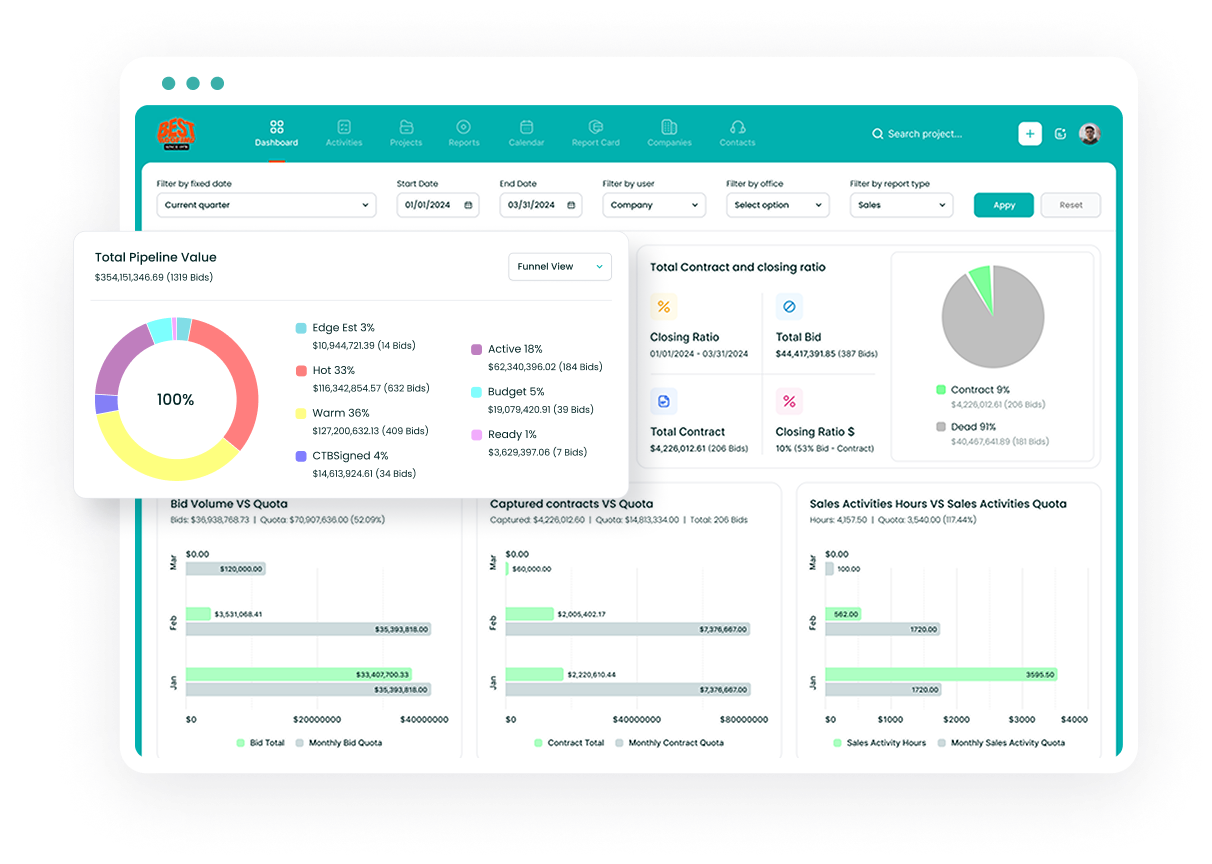System Requirements and Preparation
Before beginning the company setup process, ensure your system meets all necessary requirements. You must have full administrative rights, which include write access to the Windows registry and all folders on the computer, including rights to the root of all hard drives.
Hardware and Software Prerequisites: • Sufficient hard disk space for installation • Latest version of Sage 300 CRE installed • Windows operating system with latest updates • Full administrative access rights • System Database configured for application security
Initial Setup Process
Logging In and Basic Configuration
- Log into your system with full administrative privileges.
- Ensure the System Database is properly configured to enable application security.
- Verify that all required services, including Pervasive.SQL, are running with appropriate permissions.
Creating the New Company
To create a new company within Sage 300 CRE, follow these detailed steps:
- Navigate to the selection company window.
- Click on "Add Company".
- If already logged into another company:
- Click on File
- Select New
- Click on Company
- Enter the required password
- Click OK
Company Configuration Details
Basic Information Entry
When setting up your new company, you'll need to provide essential information:
- Registration name • Client number (10-digit number starting with 4) • Software Country • Industry Type • Company destination folder
Security and Access Settings
Proper security configuration is crucial for protecting your company data:
- Configure application security settings
- Set up user permissions and access levels
- Establish password policies
- Define user roles and responsibilities
Data File Setup
File Location Configuration
When setting up data files:
- Choose appropriate file locations for company data
- Convert mapped drives to UNC paths for better accessibility
- Ensure proper sharing permissions are set
- Verify network access rights for all required users
Backup Configuration
Implement a robust backup strategy from the start:
- Set up regular backup schedules
- Define backup locations
- Test restore procedures
- Document backup processes
Advanced Configuration
System Integration
For optimal performance, configure these essential integrations:
- Set up SQL Server if using Sage SQL Replicator
- Configure any third-party integrations
- Establish connection parameters
- Test all system interconnections
Financial Setup
Configure your financial parameters:
- Set up chart of accounts
- Define fiscal periods
- Establish tax settings
- Configure currency options if applicable
Post-Setup Verification
Testing and Validation
After completing the setup, perform these essential checks:
- Verify all company data is accessible
- Test user access and permissions
- Confirm backup systems are functioning
- Validate all integrated systems are communicating properly
Best Practices and Maintenance
Ongoing Management
To ensure optimal system performance:
- Regularly review and update security settings
- Monitor system performance
- Maintain regular backups
- Keep documentation updated
- Schedule regular maintenance checks
Training and Support
Ensure proper system usage by:
- Documenting company-specific procedures
- Training new users on system basics
- Maintaining updated user guides
- Establishing support protocols
Troubleshooting Common Issues
Common Setup Challenges
Be prepared to address these frequent setup issues:
- Permission errors: Ensure proper administrative rights are assigned
- Database connectivity issues: Verify Pervasive.SQL service settings
- Network access problems: Check UNC paths and sharing permissions
- Integration failures: Confirm all system prerequisites are met
Documentation and Maintenance
Record Keeping
Maintain detailed records of:
- System configuration settings
- User access levels
- Backup procedures
- Emergency contact information
- Support resources
Final Steps
System Verification
Before going live:
- Perform a complete system test
- Verify all modules are functioning correctly
- Ensure all users can access required features
- Confirm data integrity and backup systems
- Document any custom configurations
Conclusion
Setting up a new company in Sage 300 CRE requires careful planning and attention to detail. Following these comprehensive steps will ensure a successful implementation and provide a solid foundation for your company's financial management system. Remember to maintain regular backups, keep documentation updated, and establish clear procedures for ongoing system maintenance and support.
By following this detailed guide, you'll be well-equipped to handle the setup process efficiently and avoid common pitfalls that could cause issues down the line. Regular maintenance and proper user training will ensure your Sage 300 CRE implementation continues to serve your company's needs effectively.
Sources: [1] https://www.accountingadvice.co/access-my-companies-in-sage-300/ [2] https://cdn.na.sage.com/Docs/en/customer/300cre/22/open/UserGuide.pdf [3] http://cdn.na.sage.com/Docs/en/customer/300cre/18_1/open/UserGuide.pdf [4] https://support.procore.com/products/online/user-guide/company-level/erp-integrations/sage-300-cre/tutorials [5] https://ethosystems.com/blog/new-sage-300-cre-user-training-wheres-the-manual/ [6] https://support.procore.com/products/online/user-guide/company-level/erp-integrations/sage-300-cre/setup-guide [7] http://cdn.na.sage.com/Docs/en/customer/300cre/23/open/UserGuide.pdf [8] https://mindovercorp.com/how-to-set-up-new-customer-ar-sage-300

